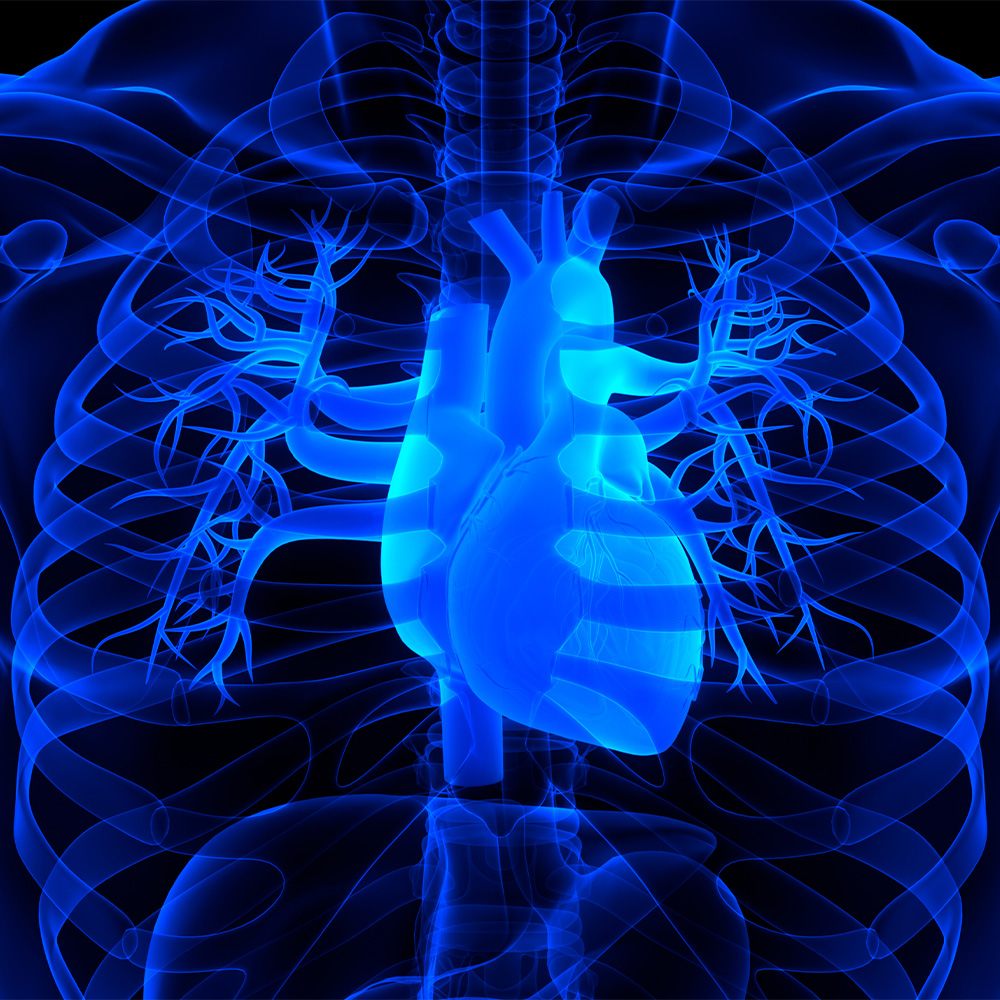Search
Research shaped career of O’Donnell School of Public Health leader: Newsroom - UT Southwestern, Dallas, Texas
https://www.utsouthwestern.edu/newsroom/articles/year-2023/aug-odonnell-school-of-public-health-leader.html

Saad B. Omer, M.B.B.S., M.P.H., Ph.D., Founding Dean of the Peter O’Donnell Jr. School of Public Health at UT Southwestern Medical Center, discovered a passion for public health while he was a medical student in Pakistan.
Cooling brain tumor cells could make headway in glioblastoma, UTSW researcher finds: Newsroom - UT Southwestern, Dallas, Texas
https://www.utsouthwestern.edu/newsroom/articles/year-2023/january-cooling-brain-tumor-cells.html

Cooling brain tumor cells to stop them from dividing without killing healthy cells extended the survival of glioblastoma (GBM) animal models dramatically in a study led by a UT Southwestern resident.
Less is best with caffeine, energy drinks during pregnancy: Newsroom - UT Southwestern, Dallas, Texas
https://www.utsouthwestern.edu/newsroom/articles/year-2023/july-pregnant-people-caffeine-consumption.html

Pregnant individuals should be careful regarding energy drinks and their overall intake of caffeine, according to an expert at UT Southwestern Medical Center.
Receiving treatment for postpartum depression ‘important for the entire family’ : Newsroom - UT Southwestern, Dallas, Texas
https://www.utsouthwestern.edu/newsroom/articles/year-2023/may-receiving-treatment-for-postpartum-depression.html

Depression is considered the most common complication of childbirth, and new mothers shouldn’t feel ashamed or embarrassed about seeking mental health care and treatments including therapy and medication, advised experts at UT Southwestern Medical Center.
NIH funding to propel UT Southwestern research into human heart regeneration: Newsroom - UT Southwestern, Dallas, Texas
https://www.utsouthwestern.edu/newsroom/articles/year-2023/june-nih-funding-human-heart-regeneration.html

Ongoing research at UT Southwestern Medical Center exploring the ability of human heart cells to regenerate after a heart attack or other cardiovascular event will be accelerated by a new award from the National Institutes of Health.
Antibodies associated with rare disorder may signal future risk of heart attack and stroke: Newsroom - UT Southwestern, Dallas, Texas
https://www.utsouthwestern.edu/newsroom/articles/year-2023/may-antibodies-associated-with-rare-disorder.html

Seemingly healthy people whose blood contained antibodies associated with a condition called antiphospholipid syndrome (APS) were significantly more likely to experience a cardiovascular event such as a heart attack or stroke than those without, a study led by UT Southwestern scientists shows.
At-home colorectal cancer screenings pose challenges for some: Newsroom - UT Southwestern, Dallas, Texas
https://www.utsouthwestern.edu/newsroom/articles/year-2023/dec-at-home-colorectal-cancer-screenings.html

Despite the convenience of at-home screening tests for early detection of colorectal cancer (CRC), a study led by UT Southwestern Medical Center researchers examining more than a decade of patient data found that about 10% of the tests could not be processed, mostly due to patient error.
AI accurately predicts cancer outcomes from tissue samples : Newsroom - UT Southwestern, Dallas, Texas
https://www.utsouthwestern.edu/newsroom/articles/year-2023/dec-ai-accurately-predicts-cancer-outcomes.html

Researchers at UT Southwestern Medical Center have developed a novel artificial intelligence (AI) model that analyzes the spatial arrangement of cells in tissue samples.
UT Southwestern biochemist, molecular biologist named Howard Hughes Medical Institute Investigators: Newsroom - UT Southwestern, Dallas, Texas
https://www.utsouthwestern.edu/newsroom/articles/year-2021/howard-hughes-medical-institute-investigators.html

Two UT Southwestern Medical Center researchers – a biochemist and a molecular biologist – are among 33 distinguished scientists nationwide named Howard Hughes Medical Institute (HHMI) Investigators.
Drug developed by UTSW spinoff approved for metastatic kidney cancer: Newsroom - UT Southwestern, Dallas, Texas
https://www.utsouthwestern.edu/newsroom/articles/year-2023/dec-metastatic-kidney-cancer-drug-spinoff.html

The U.S. Food & Drug Administration has expanded the approved use of belzutifan for treatment of metastatic kidney cancer, another milestone for the novel, first-in-class kidney cancer drug arising from scientific discoveries at UT Southwestern Medical Center.
